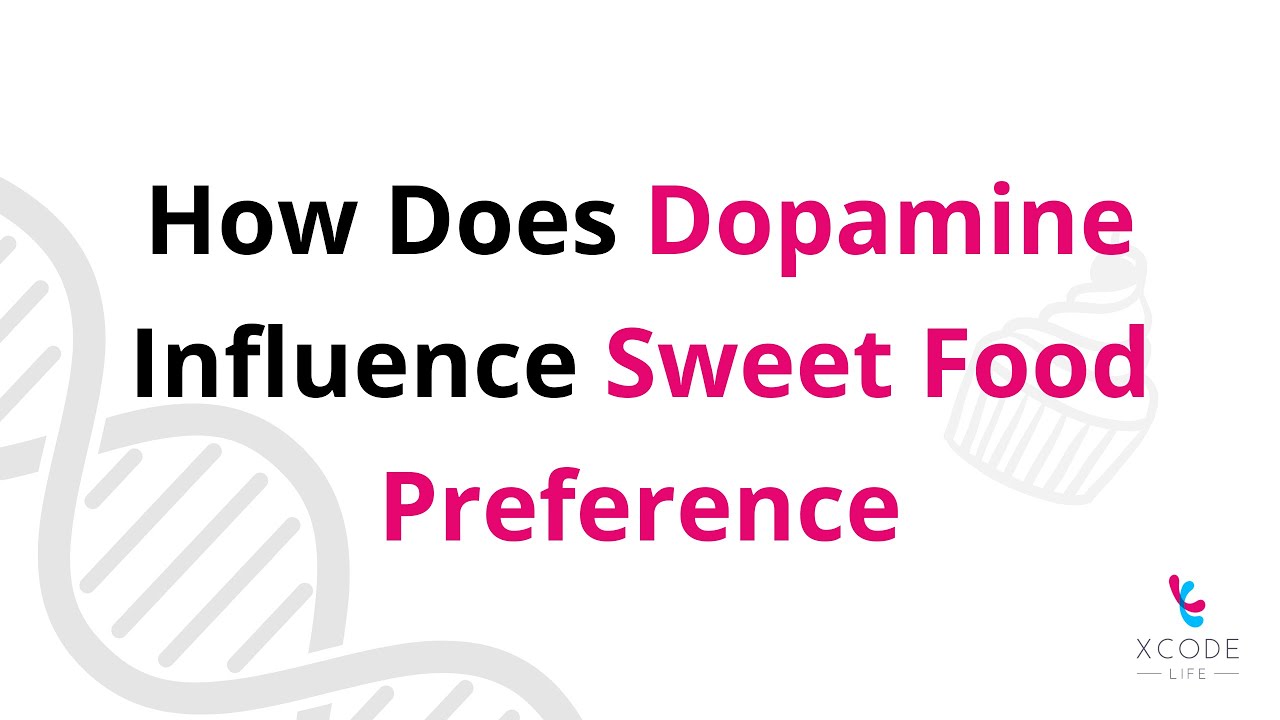Abstract
Excess sugar in the body or hyperglycemia is a prevalent condition affecting almost 3.5 million people in the US (according to a 2017 report). The Van Andel Research Institute study reports how an excess intake of dietary carbohydrates can damage mitochondrial integrity and, thereby, function.
Introduction
According to the CDC, in 2017-18, the dietary sugar intake of Americans was 17 teaspoons. However, the American Heart Association (AHA) only recommends six teaspoons per day. Sugar is broken down (metabolized) in the body to glucose.
Now, the regulation of glucose levels in the body is closely controlled. Any imbalance in the glucose level leads to metabolic disorders, most commonly, diabetes.
Hyperglycemia occurs when the blood glucose concentration rises above 140 mg/dl (7.8 mmol/l).
Excess glucose levels can lead to insulin resistance, where the cells in your muscles, fat, and liver do not respond to insulin. When this happens, the blood glucose levels begin to rise. Persistent insulin resistance ultimately leads to type 2 diabetes.
Mitochondrial Dysfunction Can Lead To Metabolic Disruption
A mitochondrion is an organelle in the body and is popularly known as the powerhouse of the cell. Mitochondria (plural) are the centers where energy production occurs. They supply energy to all cells and the whole body.
BAT and WAT (brown and white adipose tissue)
Adipose tissues are the primary controller of whole-body energy regulation. They store excess energy (in the form of triglycerides) and dissolve the same to provide power to the body in the event of energy scarcity.
There are two types of adipose tissues: brown adipose tissue and white adipose tissue.
WAT is responsible for storing excess energy, and BAT expends energy at times of energy scarcity. Beige adipocytes (adipose or fat cells) are at a basic level WAT cells. But, at times of extreme duress, beige adipose cells act as BAT and provide the body with extra energy.
Reportedly, mitochondrial malfunction in adipose cells contributes to metabolic disorders, predominantly obesity, and type 2 diabetes. Thus, one of the main causative factors of metabolic disorders is defective cell metabolism - which purportedly is caused by flawed energy production and distribution.
Additionally, a mitochondrial malfunction has adverse effects on the body.
- Affects adipose cell differentiation
- Results in improper fat metabolism
- Contributes to lowered insulin sensitivity and insulin resistance
- Affects thermogenesis (the process of heat production)
- Contributes to cell death (when there's widespread mitochondrial damage)
- Results in muscle weakening
- Increases risk of seizures, respiratory problems, and impaired vision and hearing
The Study: Excess Sugar Intake Affects Mitochondrial Integrity and Function
Scientists at the Van Andel Research Institute explored the effects of excess sugar intake on mitochondrial integrity and function.
Scientists used a genetically altered mice model to allow the cells to accept excess sugar intake. Mitochondrial function was then measured using BAT thermogenesis (the process of heat production by brown adipose tissue).
The following were observed in the study:
- Excess glucose intake reduced the PUFA content in the mitochondrial membrane
PUFA or polyunsaturated fatty acids are important for supporting mitochondrial functioning and other biological processes like inflammation, cell to cell communication, and blood pressure regulation.
- Instead of PUFA, a different form of fatty acids (saturated fatty acid) were generated
Saturated fatty acids are what are popularly known as bad fats. This fatty acid isn't nearly as useful or flexible as the PUFA. This disturbs the lipid composition of the mitochondrial membrane, thereby damaging the mitochondrial integrity.
- These effects were reversible when switched to a low-sugar ketogenic diet
Restoring normal glucose levels resulted in the balance of the fatty acid levels. This restored the lipid composition as well as the mitochondrial integrity and function.
Additional findings: Cellular stress can trigger early symptoms!
The study found that the cellular changes brought on by a sugar-rich diet may go undetected or may not manifest under normal conditions; upon introduction of cellular stress (changes in cells that are inflicted by environmental stresses like extreme temperatures, exposure to toxins, etc.), these changes may become evident as functional deficiencies.
In conclusion, excess sugar intake throws off the lipid balance in the body. If the balance is not restored for a while, it can damage our mitochondria, making us more prone to an array of metabolic disorders like type 2 diabetes.
Video
Recommendations
- Excess sugar adversely affects insulin activity which is a leading cause of diabetes.
- At the cellular level, the pronounced effect of extra sugar is seen in mitochondrial structure and function.
- Mitochondrial malfunction, caused due to imbalance in lipid composition, can contribute to a number of metabolic disorders, most commonly, type 2 diabetes.
- It can also increase your risk for muscle weakening, improper fat metabolism, seizures, respiratory disorders, and vision and hearing problems.
- Cellular stress contributes to apparent symptoms of mitochondrial damage, which would otherwise go undetected.
- Cellular stress can be managed by incorporating antioxidants like curcumin and green tea into the diet.
- A ketogenic diet, grapefruit consumption, and vitamin E-rich foods can favor healthy mitochondrial functioning.
Summary
- Excess sugar intake adversely affects insulin activity which is a leading cause of diabetes.
- At the cellular level, the pronounced effect of extra sugar is seen in mitochondrial structure and function.
- Cellular stress contributes to apparent symptoms which would otherwise go undetected.
- Cellular stress management can be achieved by incorporating antioxidants like curcumin and green tea in the diet.
- Mitochondrial malfunction causes the body to develop a number of disorders which includes metabolic, cardiovascular and neurodegenerative.
- A ketogenic diet, grapefruit consumption, and vitamin E supply can favor healthy mitochondrial functioning.






